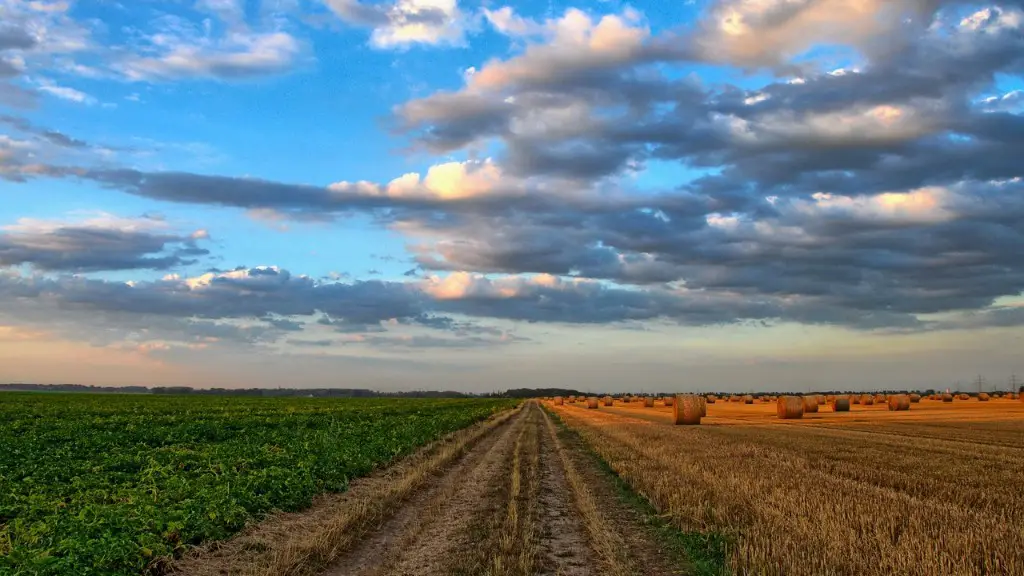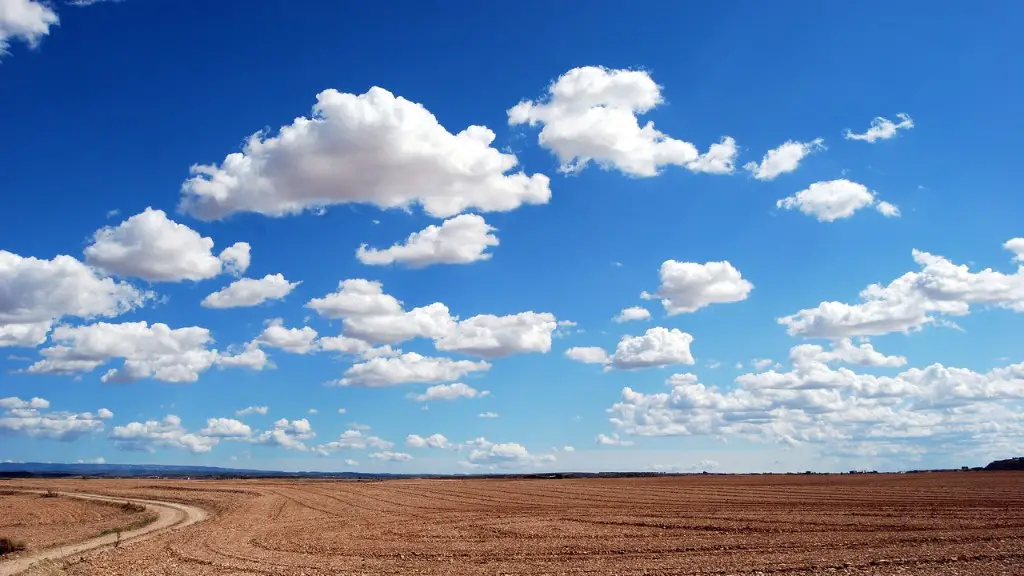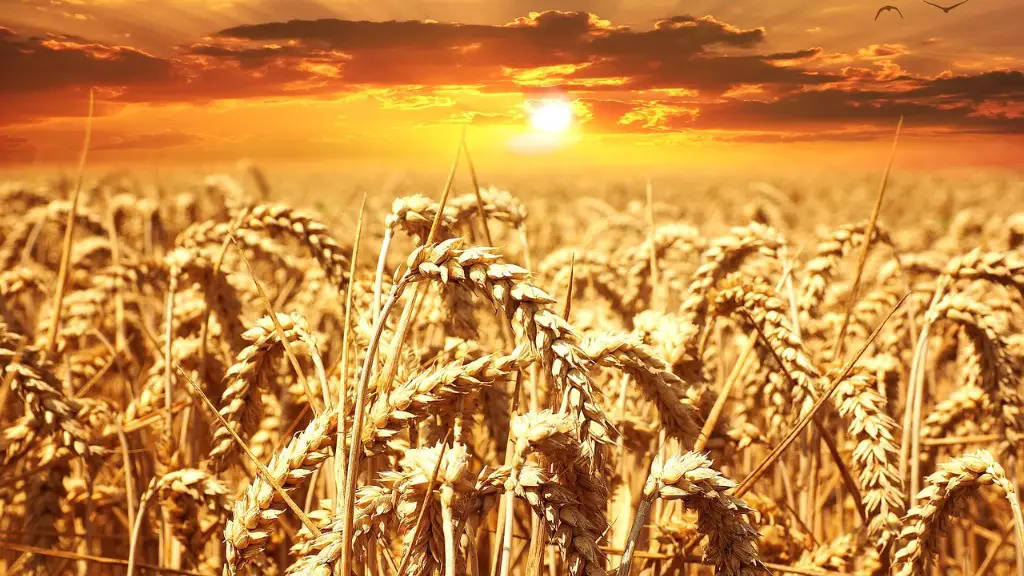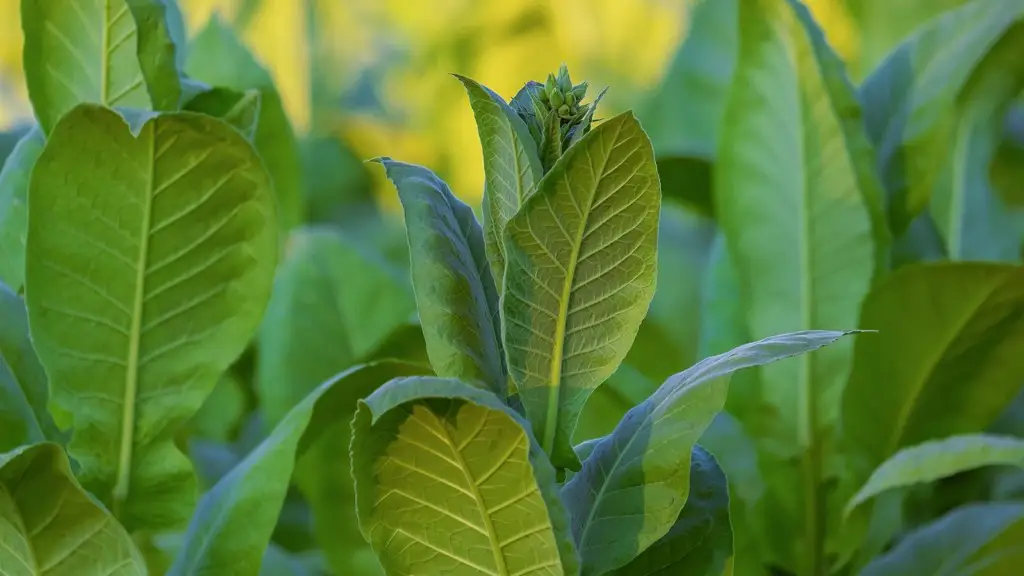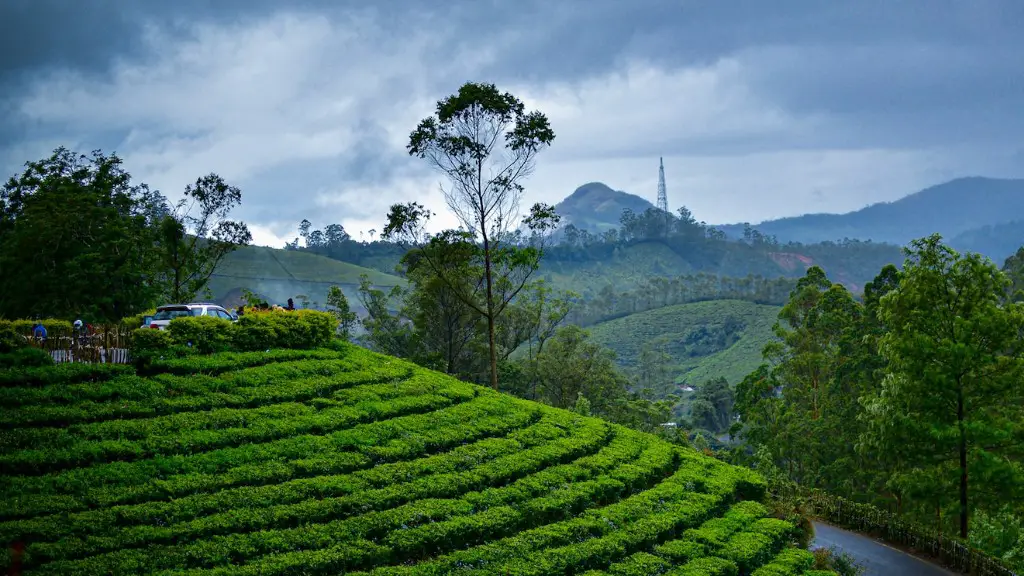I chose agriculture because I want to be a farmer. Agriculture is the science and art of cultivating plants and livestock for food, fiber, fuel, and other products used to sustain and enhance human life. Farming has been a part of human culture since the dawn of civilization, and it is an important part of my heritage. Agriculture is a dynamic and ever-changing industry that offers a wide variety of career opportunities. I am excited to learn about the latest innovations in agriculture and to apply my knowledge to help farmers produce the food we need to feed a growing population.
There are many reasons why I choose agriculture course. Agriculture is the science and art of producing plants and animals for human use. It includes the study of how to grow crops and raise livestock. I am interested in learning how to produce food for people. I also want to learn about the environmental and legal issues surrounding agriculture.
Why did you choose to be an agriculturist?
Agriculture is critical to the future of development. It is the foundation of economies and the key to food security. It is essential to ending poverty and boosting shared prosperity. And it is central to protecting the environment.
The World Bank Group is committed to supporting countries in their efforts to grow more sustainable, productive, and inclusive agricultural sectors. We are working to increase agricultural productivity, promote rural incomes, and reduce hunger and malnutrition. We are also working to build more resilient agricultural systems, so they can withstand shocks and better manage risks.
Agricultural education is far more important than just an elective curriculum. Our daily needs such as food, clothing, medicine, and even the paper this article was printed on require agriculture. The National FFA is one of the largest youth-led organizations in the United States. FFA members learn about leadership, personal growth, and career success through agricultural education.
What do you learn in agriculture class
Agricultural education is important for students who want to learn about the science, business, and technology of plant and animal production. It can also help students learn about the environmental and natural resources systems.
1. Agriculture is the main source of raw materials for many industries.
2. It is important to international trade.
3. It plays a big role in a nation’s revenue.
4. It provides employment.
5. It’s crucial to a country’s development.
6. It can help heal the environment.
7. It goes hand-in-hand with war.
8. It is a big part of the economy.
What are 3 importance of agriculture?
Agriculture plays a vital role in creating the enabling environment for biodiversity. By increasing biodiversity, we can improve soil health, reduce erosion, and improve water conservation. In addition, healthier pollinators will result in healthier plants and better crop yields.
The main source of raw materials to major industries such as cotton and jute fabric, sugar, tobacco, edible as well as non-edible oils is agriculture. Moreover, many other industries such as processing of fruits as well as vegetables and rice husking get their raw material mainly from agriculture.
What is agriculture course all about?
An agriculture course is a great option for students interested in a career in the agricultural industry. The course will provide students with the knowledge and skills necessary to work in the field of agriculture. Students will learn about topics such as plant pathology, crop growing, soil cultivation, food science, dairy science, plant science, rearing livestock, horticulture, and fisheries science.
Other industries such as pharmaceuticals, cosmetics, and perfumes, also rely on agricultural products as raw materials. For example, many drugs and medical treatments are derived from plants, and agricultural waste is used to create biofuels. Agriculture is therefore a vital industry not just for food and clothing, but for the economy as a whole.
Why agriculture is the best
Agriculture is a key sector in reducing poverty. It employs more people than any other sector, with over 1.3 billion people employed in agriculture, accounting for more than a third of the world’s workforce. Agriculture is also the main source of income for rural households and is an important safety net for the poor.
The sector has a large impact on poverty reduction, not only through its direct contribution to GDP, but also through its indirect effects on other sectors. Agriculture is a key driver of economic growth and development. It has a multiplier effect on the economy, generating income and employment opportunities in other sectors.
Agriculture also plays a key role in food security, nutrition and health. It is the major source of food for the world’s population, providing essential nutrients for good health. Good nutrition is essential for cognitive development, school performance and productivity.
Investment in agriculture is critical to reducing poverty. Agricultural productivity needs to be increased to keep pace with the growing demand for food. Productivity can be increased through better access to inputs and technology, improved farming practices and better infrastructure.
Agriculture is a key sector in reducing poverty and must be supported through investment and policy reform.
Agriculture has the potential to reduce poverty, raise incomes and improve food security for a large portion of the world’s poor. This is especially true for those who live in rural areas and work mainly in farming. With proper support and investment, agriculture can be a powerful tool in the fight against poverty.
What are 2 positives of agriculture?
Agriculture plays a vital role in society by providing food, habitat, and jobs. It also provides raw materials for food and other products, and builds strong economies through trade. Agriculture impacts society in many positive ways and is essential to our way of life.
Agriculture has played a great role in providing our daily food. Without agriculture, there would be no human beings because without food, all humans would die. This is the most important contribution of agriculture to humankind because food is required for our survival. People need food to live.
What are 3 facts about agriculture
– Agriculture is the single largest employer in the world, with over 1.3 billion people employed in the sector.
– There are 914 million acres of farmland in the United States, making it the second largest agricultural country in the world.
– The average US farmer can feed 155 people, and the country as a whole is capable of feeding 327 million people.
– Beef farming accounts for 29% of American farms, and the United States is the second largest beef producer in the world.
I recommend studying agriculture if you are interested in the subject and are looking for a stable job. The demand for agriculture graduates is relatively low, so you should have no trouble finding a job. However, salaries can vary widely, so it is important to search for a job carefully. As you gain experience, you will have more opportunities available to you.
What is agriculture best answer?
Agriculture has been a major part of human societies for millennia, and it continues to play a vital role in the world today. It is the art and science of cultivating the soil, growing crops and raising livestock. Agriculture provides most of the world’s food and fabrics. It is a vital part of the global economy, and it plays a significant role in human social and cultural development.
In order to be admitted into a program at this particular school, you will need to have a National Senior Certificate with a bachelor’s degree or a diploma endorsement, or an equivalent qualification. Your achievement level for English (home language or first additional language) must be a 4, and for Mathematics or Mathematical Literacy, a 3 or 4.
Which is the best agricultural courses
Agriculture and forestry are two of the most important industries in the world. They both play a vital role in sustaining life and providing people with food and shelter.
The agriculture industry is responsible for producing food for people and animals. It is a huge industry that employs millions of people around the world. The forestry industry is responsible for managing forests and producing timber. It is also a huge industry that employs millions of people around the world.
Both agriculture and forestry have many different specializations. Animal science is one specialization within agriculture. Horticulture is another. Soil science is a specialization within forestry. Rural development is another. Land management is yet another.
Each of these specializations is important in its own right. Animal science helps us to better understand and care for animals. Horticulture helps us to grow healthy plants. Soil science helps us to understand and manage forest resources. Rural development helps us to improve the lives of people who live in rural areas. Land management helps us to better understand and use land resources.
Each of these specializations offers unique challenges and rewards. If you are considering a career in agriculture or forestry, consider what specialization you might be interested in. There are many exciting possibilities to choose from.
The average American farmer is quite productive, annually providing enough food and fiber for 165 people both in the US and abroad. A relatively small but growing percentage of US farms (8%) market their produce locally, through farmers’ markets or food hubs. A high-producing dairy cow can yield over 100 pounds of cheese in a single day – and women farmers now make up a significant portion (30%) of the farming population.
Final Words
I choose agriculture because it is a field that is constantly changing and evolving. With new technology and advances in research, there are always new opportunities to learn and new ways to increase efficiency and productivity. Additionally, I find the challenge of working with natural resources to be both stimulating and rewarding. And finally, I believe that agriculture is vitally important to the health and well-being of our society and our planet.
There are many reasons for choosing an agricultural course, including the desire to work outdoors, to be involved in food production, or to have a career in a rural area. Agricultural courses provide students with the opportunity to learn about a wide range of topics, from animal husbandry and crop production, to soil science and food processing. With the increasing popularity of organic and sustainable agriculture, an agricultural degree is becoming increasingly relevant for those interested in working in this growing industry.
